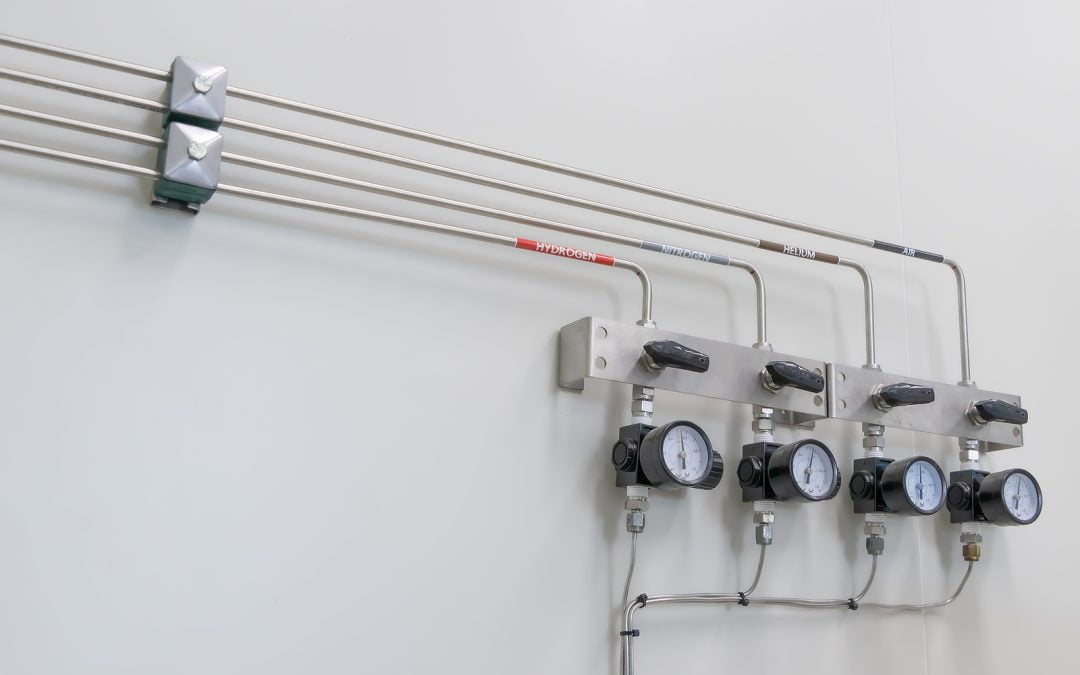The last couple of years have been dominated by discussion about what the future holds for heating in Britain, with the belief that for most people the next new natural gas boiler service would potentially be the last.
The idea after that would be that the next boiler fitted to people’s homes would use hydrogen gas instead, which can be generated cleanly and requires far less complex installation compared to alternative heat pump systems.
However, energy minister Grant Shapps has recently suggested that this may not be the case, hinting instead that hydrogen would more likely be used for storing energy generated through other means.
What happened so suddenly to change what appeared to be the future of heating, and what will it mean for people who are looking into a heating upgrade in the next few years?
The Complex Hydrogen Ecosystem
One of the most complex elements of hydrogen gas is that, unlike natural gas where there is a single way to capture, store and use it, hydrogen can be created in multiple ways, not all of which are green.
Green hydrogen is typically made through electrolysis – water is fed through a specially directed current of electricity that splits water into oxygen and hydrogen.
However, at present, the cheapest way to make hydrogen is to extract it from natural gas, which is just as polluting as simply burning natural gas in the first place. This is known as either grey hydrogen if it is pumped into the atmosphere or blue hydrogen if the carbon dioxide is stored underground.
Green hydrogen, whilst not polluting, may not be as efficient as heat pumps powered directly by electricity, and at present is significantly more expensive to produce than other forms of hydrogen.
However, at the same time, these prices will fall as the technology matures, and with other nations committing considerable resources into hydrogen, it could be a significant risk to energy security to not commit to hydrogen.
The Abandoned Hydrogen Village
One of the biggest catalysts was the sudden cancellation of a hydrogen home heating trial in Whitby, where roughly 2000 homes would have been converted to hydrogen heating, starting with mixed blends with natural gas before finally using a 100 per cent hydrogen blend.
However, there was considerable opposition to the trial by local residents, primarily because Cadent, the company running the trial, and the government had failed to provide enough clear information to ensure that the technology would be safe.
As well as this, people in the areas of the trial would not be able to truly opt out; they would either use hydrogen or use an electric alternative, and the hydrogen itself would only be subsidised for the two-year duration of the trial, so if the technology is abandoned it could leave villagers worse off.
Another hydrogen village project in Redcar is currently set to go ahead, as is a hydrogen neighbourhood trial in Fife that will be the precursor to the Redcar trial.
The future of heating, therefore, will rely on a range of different heating, power and fuel methods, but customers are likely to stick with gas boilers for the foreseeable future.

